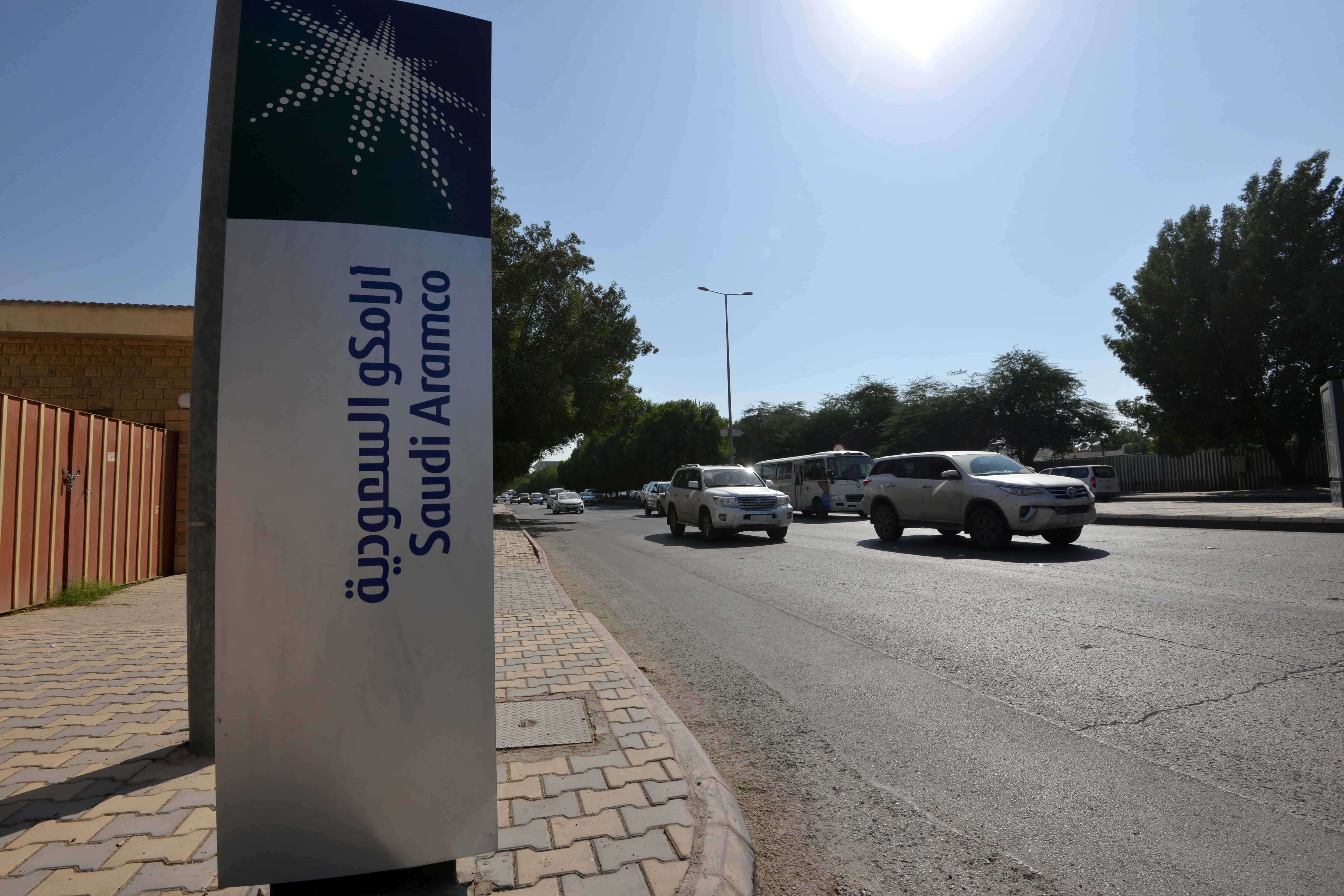Cairo, Egypt – Saudi Aramco and the Saudi Arabian Ministry of Energy have inked a cooperative development agreement to build a carbon capture and storage hub that may be able to safely store up to 9 million tonnes of carbon dioxide annually by 2027, according to the company’s CEO, Amin Nasser.
Aramco is set to contribute around 6 million tonnes with the rest to come from other industrial sources, Nasser said.
Saudi Arabia is embarking on initiatives such as the Saudi Green Initiative and the Middle East Green Initiative to meet its climate change commitments, according to a statement.
The first package of ongoing activities as part of Saudi Green Initiative, includes investments in the green economy worth more than SR700 billion ($186 billion).
Last month, the Saudi Public Investment Fund – one of the largest sovereign wealth funds in the world with total estimated assets of $620 billion – also completed its first-ever green bond issuance at a value of $3 billion, auctioning 1.4 million tons of carbon on the first day of the Future Investment Initiative conference held in Riyadh.
Saudi Public Investment Fund – one of the largest sovereign wealth funds in the world with total estimated assets of $620 billion – aims to elevate its assets to over $1 trillion by 2025 and invest more than $10 billion by 2026 in qualified green projects, including renewable energy, clean transportation and sustainable water management.
Crown Prince Mohammed bin Salman said on November 7 that the PIF is also aiming for zero neutrality by 2050, making it the first sovereign fund to do so both globally and in the Middle East.

